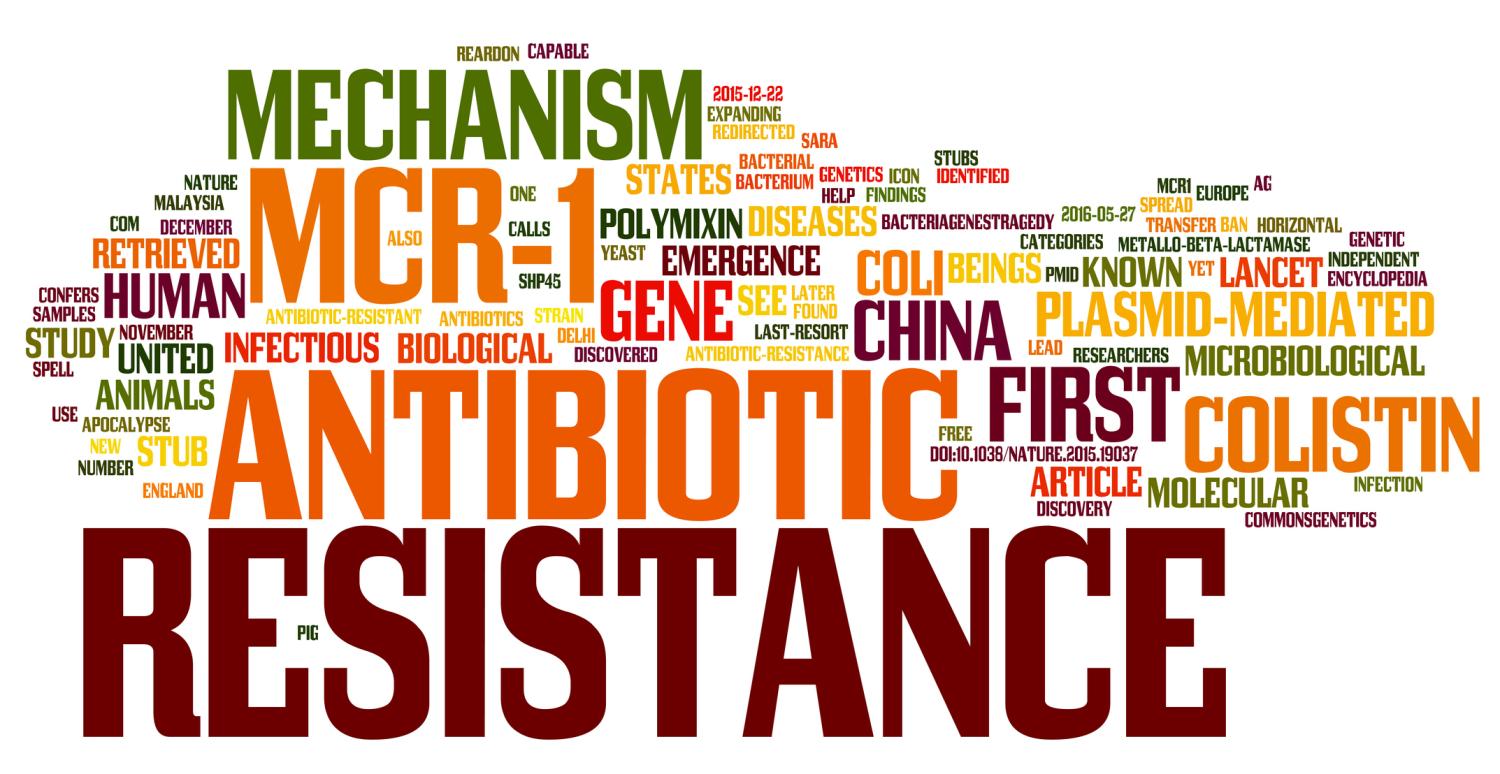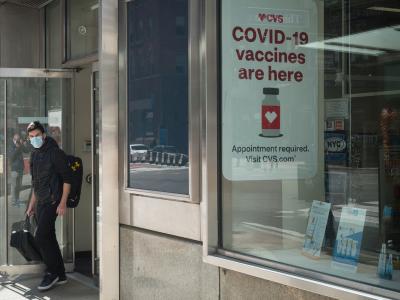A new study suggests that the terms "antimicrobial resistance" and "AMR" aren't the best for communicating the dangers of antibiotic-resistant infections to the public, and that a more memorable and alarming term may be needed to raise public awareness.
The study, published last week in Nature Communications, describes the results of two surveys that found that, of the six most commonly used terms in English to communicate about the threat of antibiotic-resistant bacteria, "AMR" and "antimicrobial resistance" were among the lowest scoring for both risk association and memorability. And overall, all six terms were less associated with risk, and less memorable, than the names of other diseases—even those that pose less of a threat.
"Our study highlights the need to rename AMR to a memorable term that's fit for the wider public and not just those from the medical or scientific communities," lead study author Eva Krockow, PhD, of the University of Leicester, said in a university press release.
Inconsistent, ineffective language
The two surveys sampled 237 US and 924 UK participants in 2020 and 2021 to test how effective the six AMR-related terms are in evoking risk associations, and how memorable they are, compared with the names of 34 other key health risks and diseases. Other relevant measures included familiarity, concreteness, and pronounceability.
The four other AMR-related terms surveyed were "antibiotic resistance," "bacterial resistance," "drug-resistant infections," and "superbugs."
The aim of the surveys, Krockow and her colleagues write, was to "pave the way for an overdue language change in AMR risk communication" by testing whether any of the existing terminology can serve as a uniform term and help boost efforts to raise awareness of the problem. Inconsistent and ineffective language have been cited as one of the factors that have hampered information campaigns, with "antimicrobial resistance" in particular viewed as a term that is both hard to pronounce and abstract.
Our study highlights the need to rename AMR to a memorable term that's fit for the wider public and not just those from the medical or scientific communities.
They're not the first to point out this communication challenge. In a 2019 report, UK-based philanthropic organization the Wellcome Trust argued that the use of multiple terms to describe the problem was one of the issues contributing to low public awareness. Others included too much technical jargon, disjointed media coverage, and a social media conversation that is dominated by experts.
"The public do not see the true scale and severity of antimicrobial resistance, and therefore it is not an issue the public is calling for political action on," the authors of the Wellcome report wrote.
None of the six AMR-related terms fared very well in either survey. While terms like "cancer," "Ebola," and "heart disease" had the highest mean risk-association scores (6 out of 7), and "diarrhea," "AIDS," and "HIV" were the most memorable, "antimicrobial resistance" and "AMR" were among the lowest-scoring terms for both risk-association and memorability across both surveys.
"Drug-resistant infections" and "antibiotic resistance" had the highest scores of AMR-related terms for risk association and memorability, respectively, but both fell within the middle of the pack among all 40 health terms.
"While participants correctly judged heart disease and cancer to be among the largest health threats, they severely overestimated the risks of tropical diseases such as Ebola and Malaria, while underestimating the threat of AMR, which ranked 6th in terms of global deaths incurred and is predicted to overtake cancer as a leading cause of death by 2050," the authors wrote.
When Krockow and her colleagues conducted further analysis of participant responses, they found that the term "drug-resistant infections" was significantly more effective in inducing risk perceptions than the five other AMR-related terms, but ranked low on memorability, while "antibiotic resistance" was more easily remembered.
New term may be needed
Debbie Goff, PharmD, an infectious diseases pharmacist and founding member of the antimicrobial stewardship program at The Ohio State University Wexner Medical Center, says she's not surprised by the findings.
"Most laypeople don't understand the term antimicrobial and they certainly do not know what AMR stands for," Goff told CIDRAP News.
Goff says she prefers to use the term "superbug," noting that it's inclusive for both bacteria and fungi and resonates with the public. "I observe a strong reaction from people when I use the term superbug followed by saying 'it means the bacteria resists all antibiotics,'" she said.
We need to come up with a universal term and stick with it.
Ultimately, the study authors conclude that none of the six terms surveyed are likely to be sufficient for drawing attention to antibiotic resistance as a global health issue and say that research is urgently needed to identify a different name that is concrete, familiar, easy to remember and pronounce, and evokes proportionate risk perceptions.
"Lessons might be learned from recent success stories including the renaming of the 'Wuhan novel coronavirus' into 'COVID-19,'" they wrote.
Goff agrees.
"We need to come up with a universal term and stick with it," she said.






















